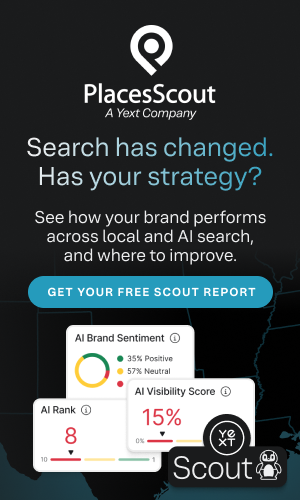I have a client who wants to rank for both english and spanish. I'm curious what opinions might be out there on the best way to approach this. Here's my thought.
1. Build the site in English
2. Instead of a site that has multiple language capability (which we have no problem doing), build a second site in Spanish. I'm assuming that I can use exactly the same content just translated and we would not get hit with a duplicate content penalty. We use a very content driven SEO strategy to get our clients ranked in their local market so I'm not super concerned about link driven SEO.
3. Run two independent SEO campaigns that mirror each other (One English and One Spanish). This would be for the content.
I'm not sure how to handle Google+, social media, and citations in multiple languages.
I'd love to hear back from anyone who has done SEO for the same client in two languages (or more). Perhaps just one language dominates and I'm overthinking it. I really don't know.
1. Build the site in English
2. Instead of a site that has multiple language capability (which we have no problem doing), build a second site in Spanish. I'm assuming that I can use exactly the same content just translated and we would not get hit with a duplicate content penalty. We use a very content driven SEO strategy to get our clients ranked in their local market so I'm not super concerned about link driven SEO.
3. Run two independent SEO campaigns that mirror each other (One English and One Spanish). This would be for the content.
I'm not sure how to handle Google+, social media, and citations in multiple languages.
I'd love to hear back from anyone who has done SEO for the same client in two languages (or more). Perhaps just one language dominates and I'm overthinking it. I really don't know.




